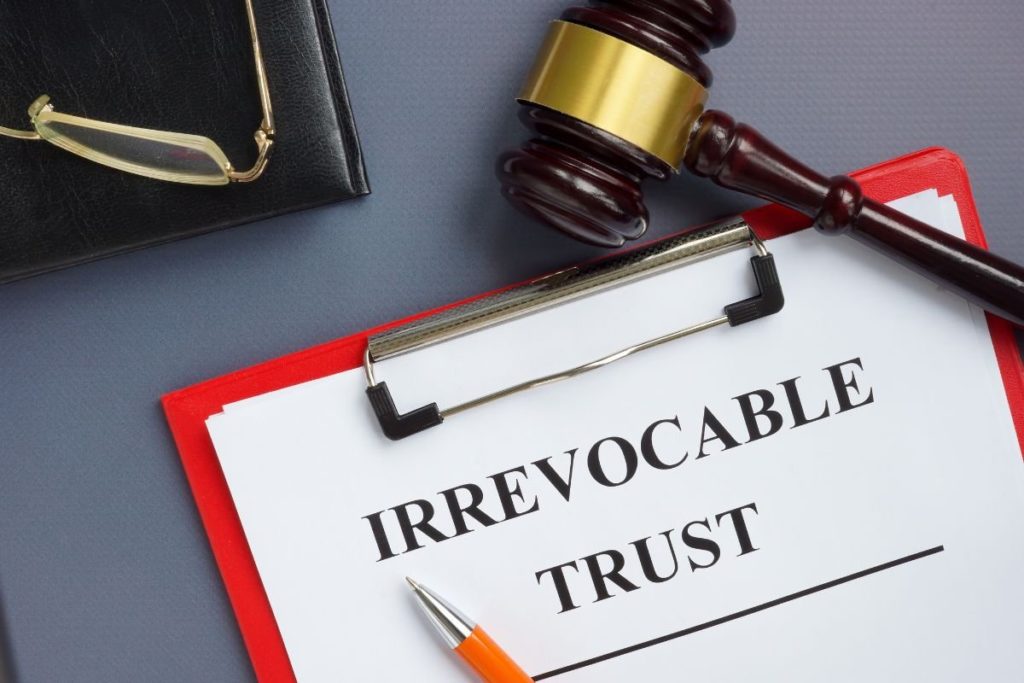Establishing a trust is considered one of the most effective ways to maintain asset protection, whether during life or after death. There are two large categories of trusts: revocable trusts and irrevocable trusts. Naturally, while similar at the base, trusts are not all cut from the same cloth in their effects. For example, some trusts can be used during a person’s lifetime to manage funds if they should become disabled. Or, when a person dies, a trust can be used to pass the funds within them on to a beneficiary while avoiding the necessity of going through the headache of probate. To enable different uses, trusts are divided into two large “types” of trust: revocable and irrevocable.
Revocable & Irrevocable Trusts
In this blog, we want to draw focus to the latter and a subcategory within that: irrevocable asset protection trusts. But before we do so we must first distinguish between these two types of trust, as an irrevocable asset protection trust is the mirror image in particular respects of a revocable trust—to talk about one means to talk about the other.
Revocable trusts are actually the more frequently formed of the two types. This sort of trust does not exempt funds from federal estate tax, though estate taxes are only levied on extraordinary wealth. (Virginia, of course, does not impose an estate tax under present law.) But this form of trust permits the person who forms it to also act as its trustee. What this means is that the trustee/person who formed the trust may manage it and change the form it takes at any time without restriction—including by removing any property they have placed within it, by changing the beneficiaries to whom it pays out, and by dissolving it whenever they want to. One result of this is that any income that a revocable trust earns is taxed on the personal tax return of the person who established that trust. The downside, often misunderstood, is that revocable trusts do not create a barrier to lawsuits or other potential financial hazards.
Certain of the revocable trust provisions are the same for an irrevocable asset protection trust, but there are important distinctions to be made. For one thing, while the person who creates an asset protection trust may serve as trustee and receive income from the trust, they cannot take the trust property back out to themselves. Generally, the irrevocable asset protection trusts form a much less “permeable barrier” than revocable trusts. Now, the person who creates the trust can live in a house owned by the trust, and they can also give the trust property to children or other trusted people, but they just cannot put their hands back in the “cookie jar.” The irrevocable trust creator can’t get rid of the trust either. That said, the creator of an irrevocable asset protection trust gets something the revocable trust creator can’t: immediate protection from future creditors and in 5 years the property in the asset protection trust is not seen as an available resource by Medicaid Long Term Care. What is more, the trust creator has the power to change successor trustees, who gets the property during their lifetime and who can benefit at death.
Let Us Help With Creating a Trust For Asset Protection
If you believe establishing a trust might be the right course of action for you, but you’re not sure the type of trust you need, attend one of Promise Law’s free estate planning workshops. These workshops provide a great foundation of information that everyone needs to make sound planning decisions. Moreover, if you attend a workshop, you also get a complimentary one-on-one consultation with one of our attorneys, who are fully capable of managing irrevocable trusts.




